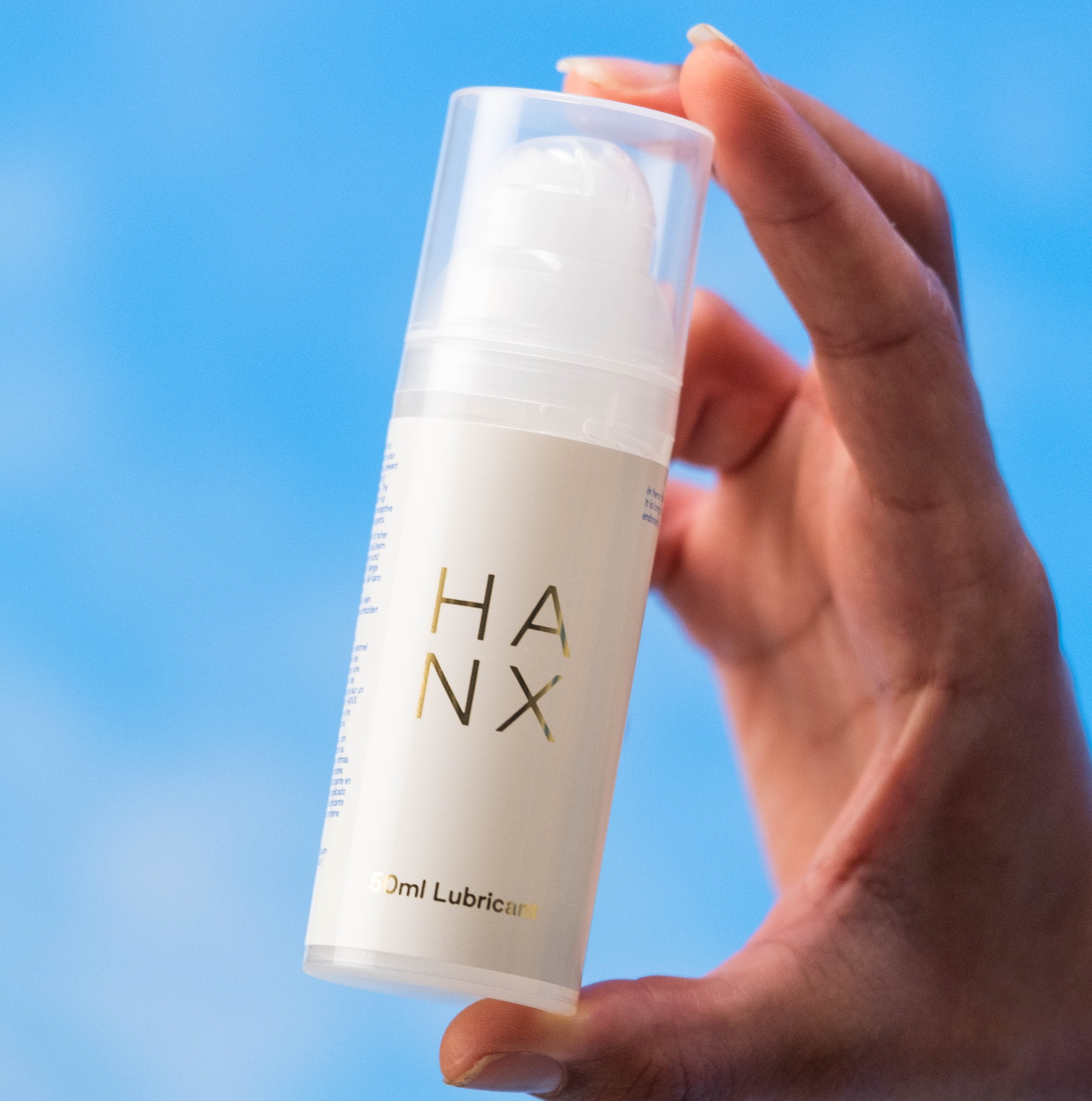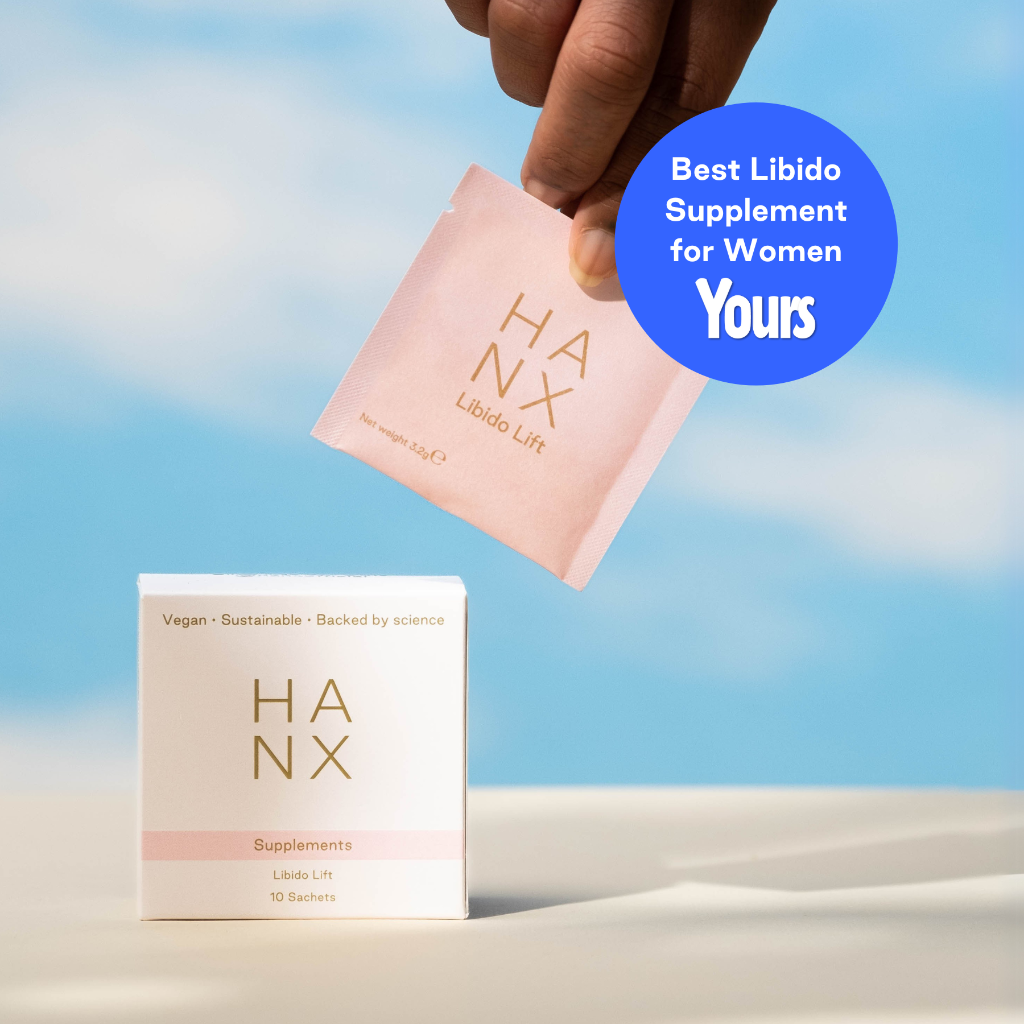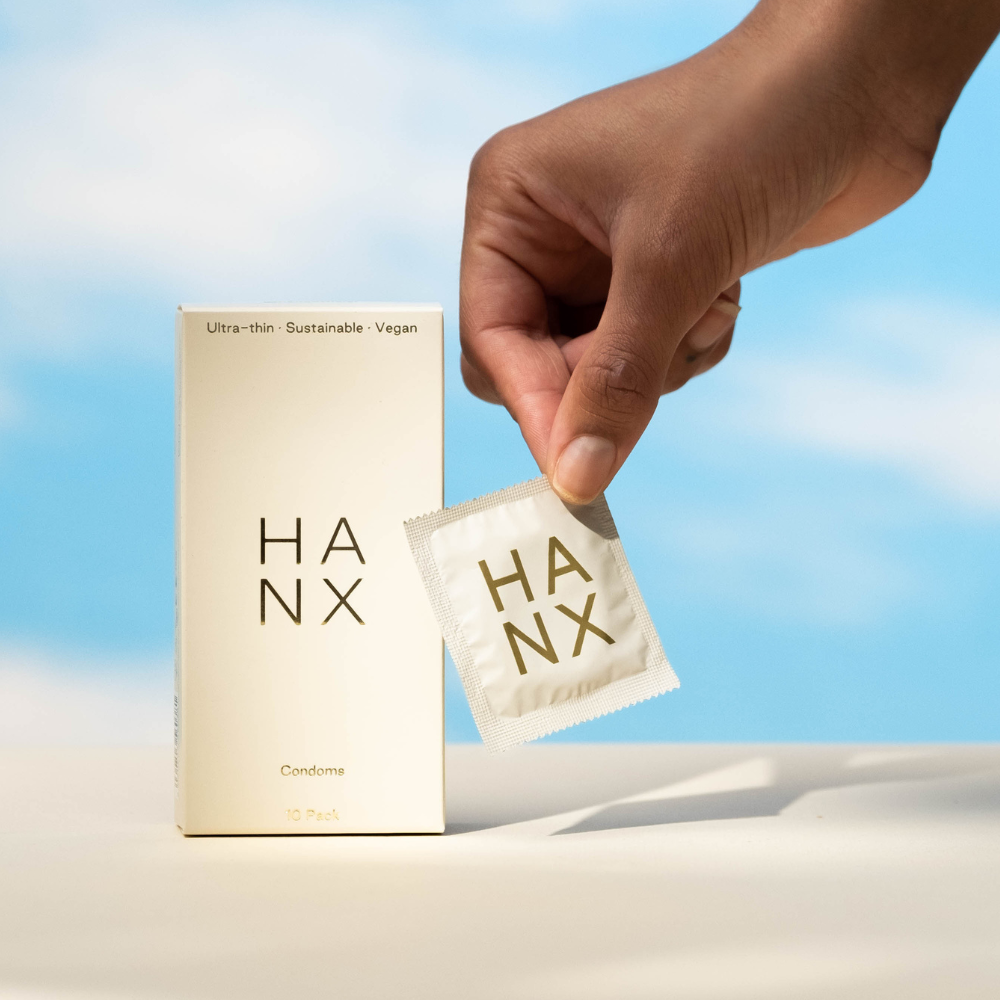Why Aren’t Teenagers Using Condoms?
Why aren’t teenagers reaching for the rubbers? In worrying news, the World Health Organisation’s recent international survey of 250,000 15-year-olds found condom use has declined significantly between 2014 and 2022. The organisation has since expressed concerns about the potential health risks of this behavioural trend, including the increased risk of sexually transmitted infections (STIs) and unintended pregnancies. All of this means it’s more important than ever to have an open and honest conversation about what’s stopping the latest generation of lovers protecting themselves and their partners.
When used correctly, condoms are highly effective at reducing the risk of contracting infections such as HIV, gonorrhoea, and chlamydia and preventing unintended pregnancies. Whilst hormonal contraception isn’t suitable for everyone, condoms are accessible and affordable (often free!) for young people to advocate for their sexual health. So, let's explore what’s swaying teens away from condoms…
Condom conundrum
The report shows that the proportion of sexually active 15 year olds who used a condom the last time they had sex fell from 70% to 61% among boys and 63% to 57% among girls between 2014 and 2022. According to the report, the UK has some of the lowest condom use. Only 37% of girls in Scotland and 40% in Wales said a condom was used the last time they had sex, a steep drop from 2014 when it was 60% and 57% respectively. So, why are young people not using condoms? There are many reasons at play…
Lack of comprehensive sex education has a big impact. Our partner, The School for Sexuality Education takes inclusive, blush-free sex ed into schools around the UK and has noted plenty of confusion from teenagers around condoms. For instance, they report that some young people believe you have to be over sixteen to buy/access condoms, whilst others didn’t realise that condoms have an expiry date and cannot be used safely after this time.
There’s a school of thought that suggests we’re also now seeing the impacts of COVID lockdowns on a new generation of young people, who experienced disrupted schooling and far less resources than many would receive in person at school or youth support groups. We know that comprehensive, inclusive sex education is crucial to encouraging safe sex practices and absence of this at a crucial developmental stage can only have a negative impact.
Socio-economic impact must also be considered, with the results showing 33% of young people from lower income families reported not using condoms or contraceptive pills, versus 25% of those from wealthier families. The School for Sexuality Education’s research with young people shows there is confusion around this issue. For instance, some teenagers accessing their support believe that you always have to pay for contraception - despite anyone being able to access condoms for free in the UK via sexual health services or the GP.
Anxiety around condom use can also be due to feeling unsure about how to approach the conversation with a partner. When researching sexual practices within our own community, we found that whilst 87% are concerned about STIs, 53% have had sex without a condom due to not knowing how/feeling uncomfortable to bring the topic up with a partner beforehand.
Finally, a classic hurdle rears its head. A focus on pleasure can also dissuade young people from using condoms, fearing that condoms will interfere with sensation or their enjoyment of sex.
How do we tackle this?
We need to tackle stigma and misconceptions around sex at every level. From commissioning inclusive, boundary breaking TV shows such as Sex Education and Heartstopper to encouraging education providers to work with external experts to offer more rounded sex education, there’s more work to be done across the board. Over to our Co-Founder Dr Sarah Welsh, who has both delivered sex education in schools and worked in NHS sexual health:
“Being open and honest about sex doesn’t always come naturally, and young people especially are under lots of pressure (not to mention swirling hormones!). We need to ensure they have ready access not just to free condoms but also to non-judgemental resources and experts who can help them understand how to use condoms effectively, but also how to navigate sexual experiences safely and pleasurably for themselves and their partner/s.”
Talking openly about the things that are giving teenagers the ick about condoms can also help encourage uptake. For instance, for those who are worried condoms will reduce their enjoyment, highlighting the wide range of type of condoms out there may help. We designed our own HANX condoms to be ultra-thin for maximum sensitivity, whilst others on the market are designed with ridges and bumps for fun. Encourage testing and trying as part of the process of getting on board with condoms.
Finally, if we're up for talking about condoms, we need to provide access to condoms. Tackle misconceptions around difficulties getting hold of necessary contraception by ensuring that condoms are easily accessible to teenagers through school health programs, GPs, sexual health clinics, community groups, and other youth-friendly services. Beyond that, taking condoms into non-traditional spaces such as gigs - we loved supplying condoms for a help-yourself station at UK punk band The Menstrual Cramps' gigs.
Banishing taboos around condoms isn't easy, but it's imperative. Teenagers of the world, grab yourself a johnny and get to it!
Want more?
- What do young people really think about sex? The School of Sexuality Education shares a real insight into the teenage mind.
- Are you putting condoms on properly? Here’s our sexpert’s guide.
- Top up on all-natural, sensitive and ultra-thin HANX condoms here.






















